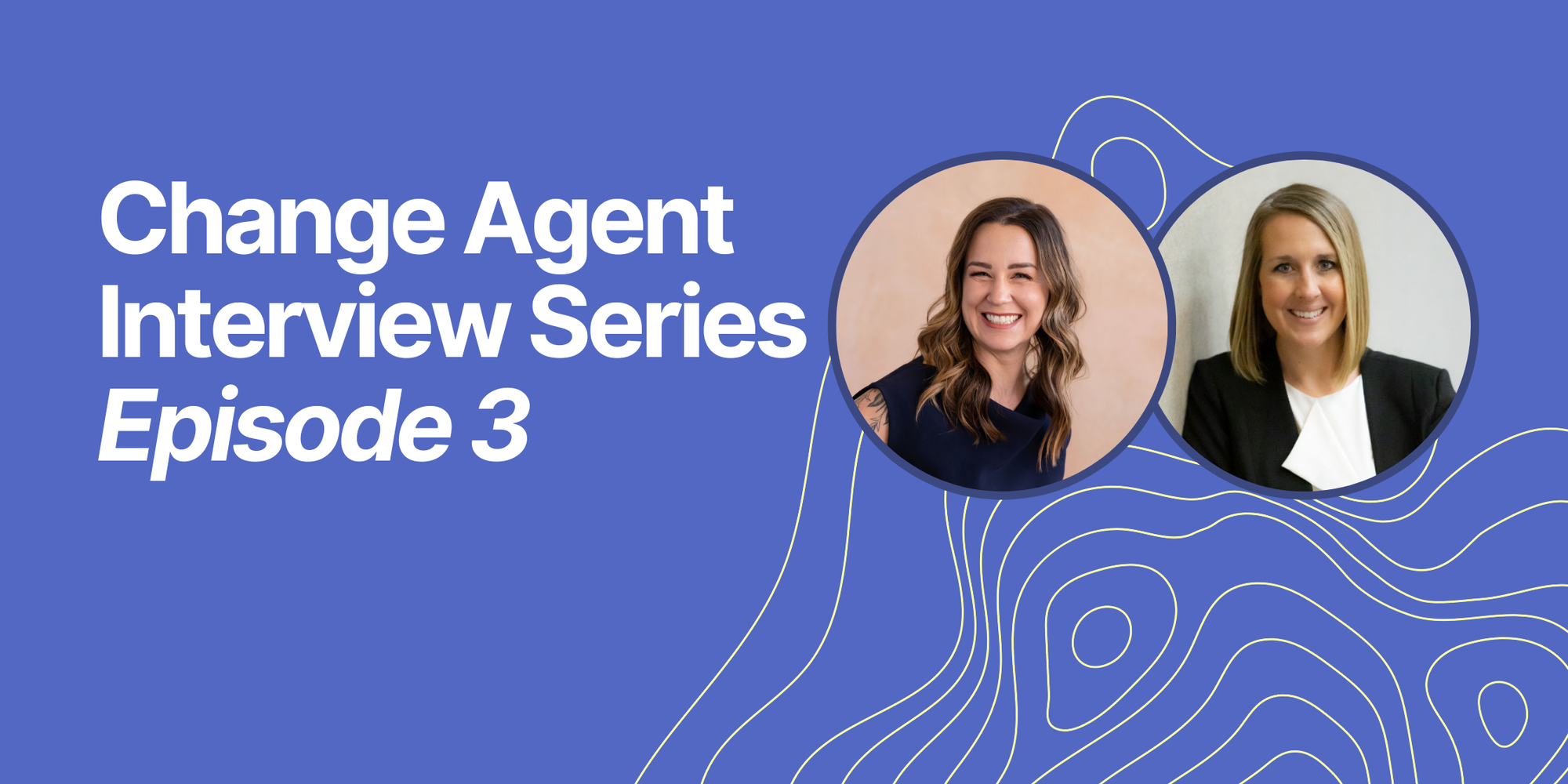Change Agent Interview Series | Episode 3: Alison Patrick
Alison Patrick leads the charge to help regional school cafeterias serve healthy, local foods.
One in 4 kids in Cuyahoga County have a problem with obesity in elementary school. That number becomes 1 in 3 by middle school.
Alison Patrick, Program Manager at the Cuyahoga County Board of Health, leads the fight against the “Brown Food Diet,” working to get more fresh, nutritional foods in public school cafeterias across Ohio and the Midwest.
She leads a regional farm-to-school program called Feed Our Future with a laser focus on the mission of ensuring all children have access to nourishing foods at school. What started as a county-wide, grant-funded project has created measurable regional change that is now catching fire at State and National levels.
“Somewhere along the way, somebody decided that good food was a privilege and not a right for some people. It’s about turning that conversation around, and that this food deserves to be in every school meal program. We’re here to do the work to help schools achieve that.” ~Alison Patrick, Cuyahoga County Board of Health
Alison’s tips to create meaningful change and maintain momentum:
Curiosity builds success: When designing a plan for change, it’s essential to gain input from those who are best served by the changes. Conduct surveys and polls of your constituency so their voices are heard as part of the process. This not only informs more productive changes, but also is shown to increase change engagement as the plan rolls out.
Education is important, but collaboration is key: Educating people about new behaviors (such as eating habits or skills in the kitchen) is an ongoing effort. But it’s not enough to talk AT people when proposing change. They should never feel like change is happening TO them; there should be room for their own contributions throughout the process so that evolution happens together.
Make change accessible: Change is not possible without convenient access to the tools and resources needed to make an impact. Food service directors would have been much less likely to purchase fresh, local foods without Feed Our Future creating a one-stop procurement program of qualified producers. Kids are less likely to choose healthy foods without grab and go access early in the lunch line.
Data builds momentum: Implement the right data capture systems from the start of the change plan to prove out small wins that can be used to fuel a larger initiative in the future. Include data as an essential part of the narrative to ensure the theory is not simply “someone’s good idea,” but has validity in practice. By suppling the dollars and sense behind the economic benefits of sourcing from local producers, Alison was able to better connect with national decision makers and future grant funders.
More Good Reads

Three Ways a Health and Wellness Marketing Agency Increases Your Revenue
Lean on a health and wellness marketing agency for deeper customer understanding, a relevant brand and consistent audience communications.

Modern Wellness Customer Personas: 2024
How to target different wellness motivations of consumers in 2024.

